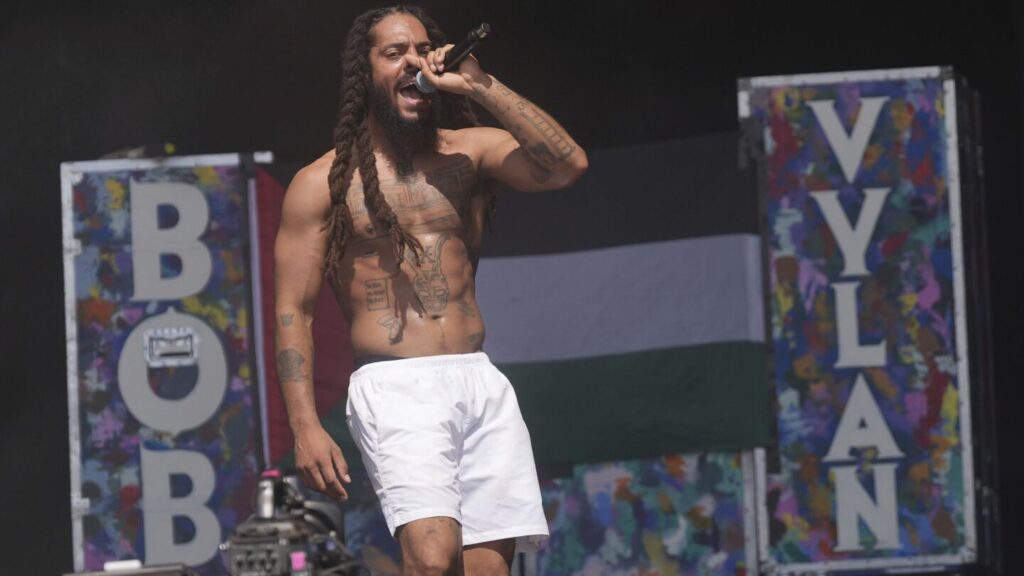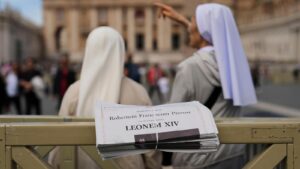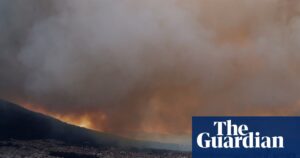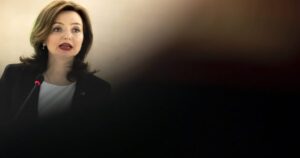
LONDON — The BBC is under fire after airing a controversial performance by rap duo Bob Vylan at the Glastonbury Festival, where the group led chants perceived as antisemitic. The broadcast, which took place on Saturday, featured rapper Bobby Vylan inciting the crowd with calls of “death to the IDF,” referring to the Israeli Defense Forces. British Prime Minister Keir Starmer condemned the chants as “appalling hate speech,” demanding accountability from the broadcaster.
The incident has sparked a heated debate about freedom of expression and the responsibility of media outlets. The BBC, in response, acknowledged the severity of the situation, stating, “The antisemitic sentiments expressed by Bob Vylan were utterly unacceptable and have no place on our airwaves.” The broadcaster added that it respects freedom of expression but stands firmly against incitement to violence.
Regulatory and Political Reactions
The controversy has drawn attention from Ofcom, the UK’s broadcasting regulator, which expressed its concern over the BBC’s decision to air the performance. Ofcom stated that the broadcaster “clearly has questions to answer,” signaling potential regulatory scrutiny.
Meanwhile, the Israeli Embassy in the UK voiced its dismay, describing the rhetoric as “deeply disturbing.” The embassy’s reaction highlights the broader geopolitical tensions that often accompany discussions about the Israeli-Palestinian conflict.
Background on Bob Vylan
Formed in 2017, Bob Vylan is known for their fusion of punk, grime, and politically charged lyrics. The duo, who keep their real names private, have released four albums addressing themes such as racism, masculinity, and politics. Their performance at Glastonbury, the UK’s largest summer music festival, was attended by thousands of fans.
In a social media statement, Bobby Vylan defended the performance, stating, “Teaching our children to speak up for the change they want and need is the only way that we make this world a better place.” His remarks reflect the contentious nature of artistic expression in politically sensitive contexts.
Wider Implications and Historical Context
The incident is part of a larger pattern of tensions surrounding the Israeli-Palestinian conflict, which has seen increased international attention and criticism. Recently, Israel has faced condemnation for its military actions in Gaza, with countries like the UK, France, and Canada calling for restraint.
More than 6,000 people have been killed and over 20,000 injured in Gaza since a ceasefire between Israel and Hamas collapsed in March.
The ongoing conflict has led to pro-Palestinian protests worldwide, with accusations of antisemitism often surfacing in these demonstrations. Supporters of Israel argue that such protests are inherently antisemitic, while critics claim that these accusations are used to stifle legitimate dissent.
Looking Ahead
As the BBC faces mounting pressure to explain its actions, the situation underscores the delicate balance between artistic freedom and responsible broadcasting. The broadcaster’s decision to issue a warning about “very strong and discriminatory language” during the livestream may not suffice in addressing the concerns raised.
Police have announced they will review footage from the festival to determine if any legal action is warranted. This development could set a precedent for how similar incidents are handled in the future, particularly in the context of live performances at high-profile events.
The Glastonbury Festival, which featured over 4,000 acts this year, continues to be a platform for artists to express political views, often sparking debate and controversy. As the conversation around Bob Vylan’s performance unfolds, it serves as a reminder of the powerful role that music and media play in shaping public discourse.





